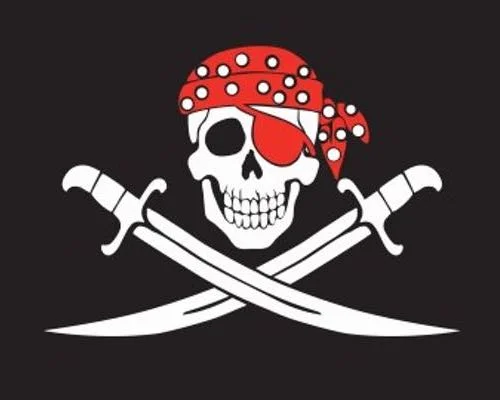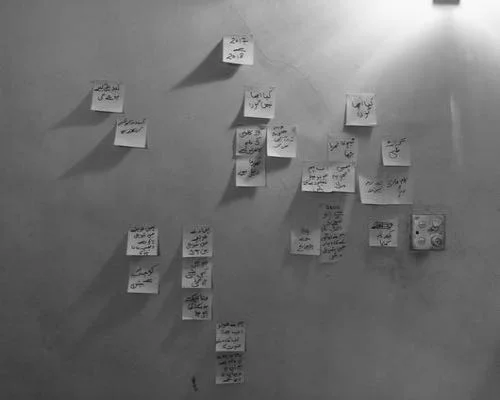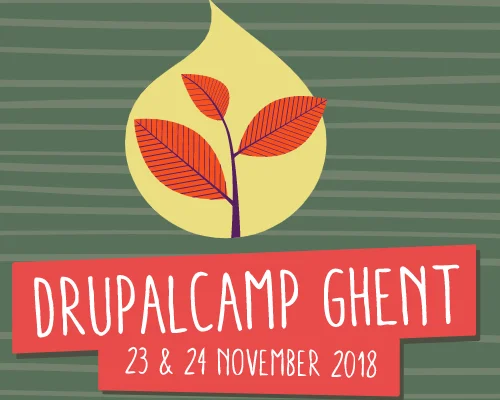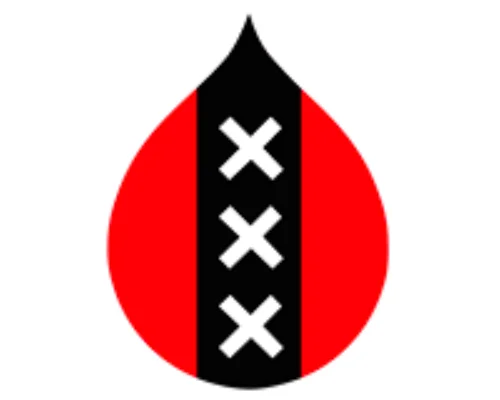What makes a great product owner?
There are books, podcasts, talks, conferences and careers built on this topic!
When it comes to succinct guides there is what frameworks suggest and then there is what is advocated based on experience! This post is my musing on the latter.
It is not meant to take anything away from what Agile frameworks state instead is meant to compliment the view frameworks have of the role and its responsibilities, here’s what the Scrum guide states (I am a huge fan of the Scrum framework for it’s simplicity).
The super succinct version is; a Product Owner is a Pirate Captain! Outside the enterprise we known them as entrepreneurs, within an enterprise we have come to know them as intrapreneurs... or a slight twist to Tendayi Viki's words… A Pirate In the navy.
A product Owner is only as good as his/her ability to connect with customers, sponsors, his/her team and the wider ecosystem within which the product will live and evolve. He/she is a number of things… a visionary, a negotiator, an advocate and a servant leader.
A Product Owner makes time for customers, the team and has the skills and capacity to develop, maintain and prioritise the product's backlog. It doesn’t end there, he/she also keeps pulse of the complex and changing ecosystem the product lives in. A product owner needs not only the right mindset but also significant empowerment from leadership; empowerment that enables the Product Owner to serve and balance customer value with that of the business, prioritise the backlog items based on that balance and serve them (customers, stakeholders and the team).
Continuous improvement
Good Product Owners make time to learn and broaden his/her own horizons in context to the landscape in order to share those lessons with customers, stakeholders and his/her team.
Product Owners must be empathetic and must get to know their customers, walk with them in their shoes not in their footsteps! Product owners need a degree of emotional intelligence and a great deal of humility!
Humility to put their solution bias aside, turn on their listening ears, observing eyes and truly understand the customer(s) and the job(s) the customers are trying to get done.
We are not our own customers (seen many Product Owners fall into this trap - have fallen into this trap myself too!) and therefore need to make time to really get to know our customers, the job they are need to get done and pains in currently trying to get that job done (therein lies the opportunity).
It's about facilitating our customers to articulate the outcome they need, rather than the solution they may want. If you’re not familiar with the Jobs-to-be-done framework, here’s a great article for you to explore.
To add to it a product owner facilitates customers in recognising the value the product delivers, which may not be evident to the customers! Which can make a huge difference on the level of traction the product achieves in the market.
At an operational level the Product Owner must have the skills and capacity to articulate the customer needs to the team preferably by applying the three C’s technique using user stories - and if at all possible by having the customer partake in these conversations - yep plural as we keep refining the customer needs. #TheWorldChanges and we respond to it instead of following ’the plan’. If you’re not familiar with the three C’s, here's an article for you to explore.
Furthermore a Product Owner works with customers to define the acceptance criteria for the user stories (the 'what') - simply stating the 'what' is not sufficient. Product Owner's need to solicit from customers and then articulate what 'good looks like’ for the team to work towards. This is done by defining the 'acceptance criteria' for individual user stories, here's an article on acceptance criteria for you to explore.
Personally I also advocate Product Owners be coaches as well! in charge of continuous improvement of the customer, stakeholder and team's understanding of the ecosystem the product lives in.
He/she makes time to learn and broaden his/her own horizons in context to the landscape in order to share those lessons with customers, stakeholders and his/her team.
This is a very different type of coaching role than that of the Scrum master - to clarify, I see the difference being the Product Owner as outward looking on matters relating to the ‘what’ or the job-to-be-done. For example a product owner who makes the time to keep pulse of the landscape can support stakeholders identify their target addressable and serviceable market, can facilitate customers to ‘hire’ the right product or feature as the landscape changes.
It should be evident by now that a Product Owner is a dedicated role needing significant commitment and empowerment, both of which combined make the difference between a successful product or expensive lessons. #Thebuckstopshere.
Lastly (for this post at least), I lived as the product owner for near 15+ years, and of all successes and expensive lessons my greatest products were (if I may call them that)… were teams and customer communities nurtured to ideate, develop, advocate and support products those communities needed to get their jobs done. A huge thank you to all of them :)
If you've made it this far! thank you for reading this reflective post on Product Ownership! I hope this provides some food for thought!
Lastly, If you got value from what I have shared please consider giving back by contributing towards Peace Through Prosperity, you can follow, broadcast or donate.
Peace Through Prosperity (PTP) is innovating social transformation design and delivery by using Agile principles and practices to create and deliver low cost, immediate and lasting impact social development programs in ‘at risk’ communities.
We work to alleviate poverty, prevent radicalisation through empowering micro-entrepreneurs with knowledge, skills, ability and increasing their access to income and opportunities.
We support small businesses, owned/managed by vulnerable and marginalised individuals/groups in society.
#Agile #Agility #ProductOwner #OutcomeDelivery #ODI













